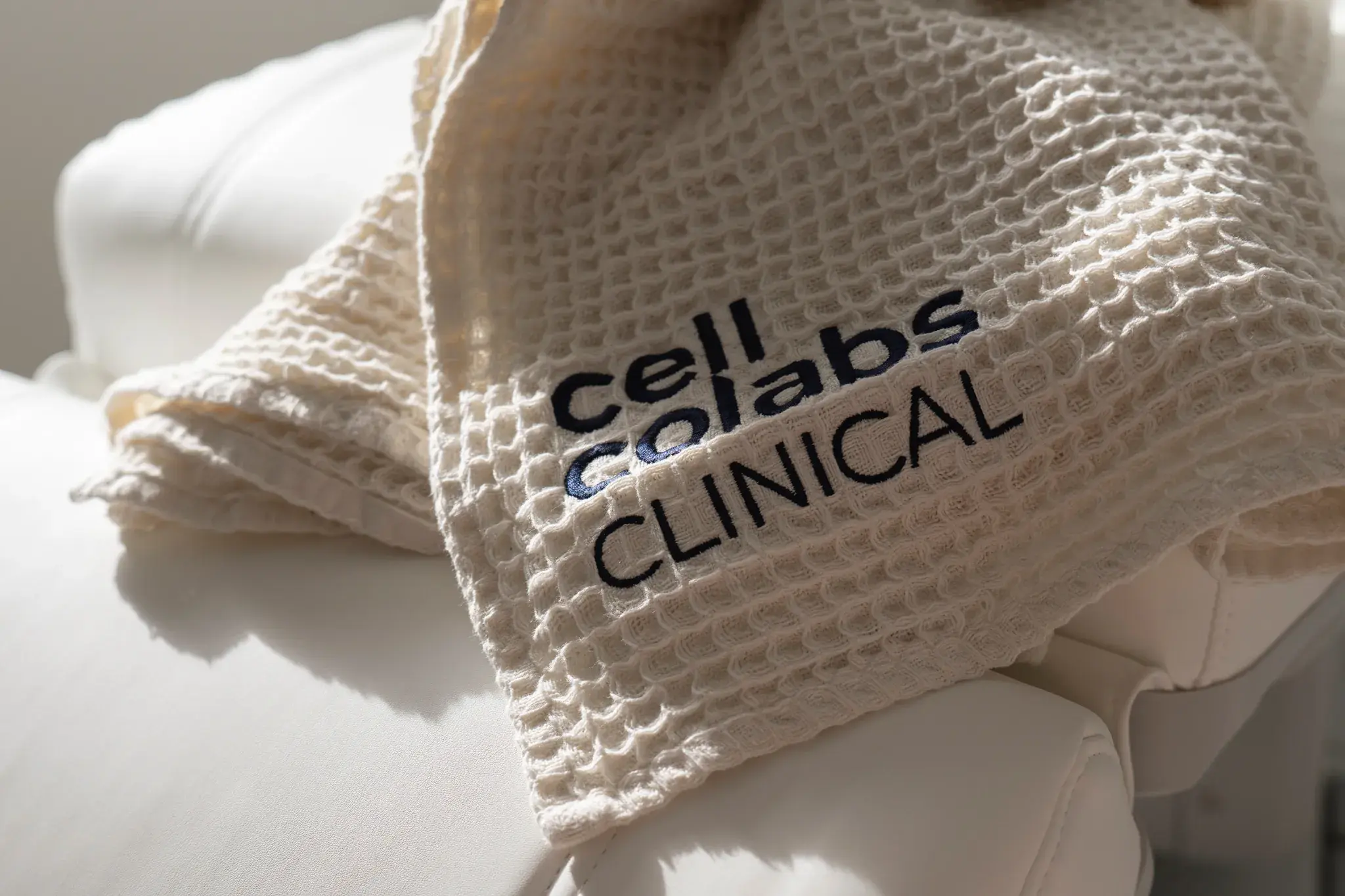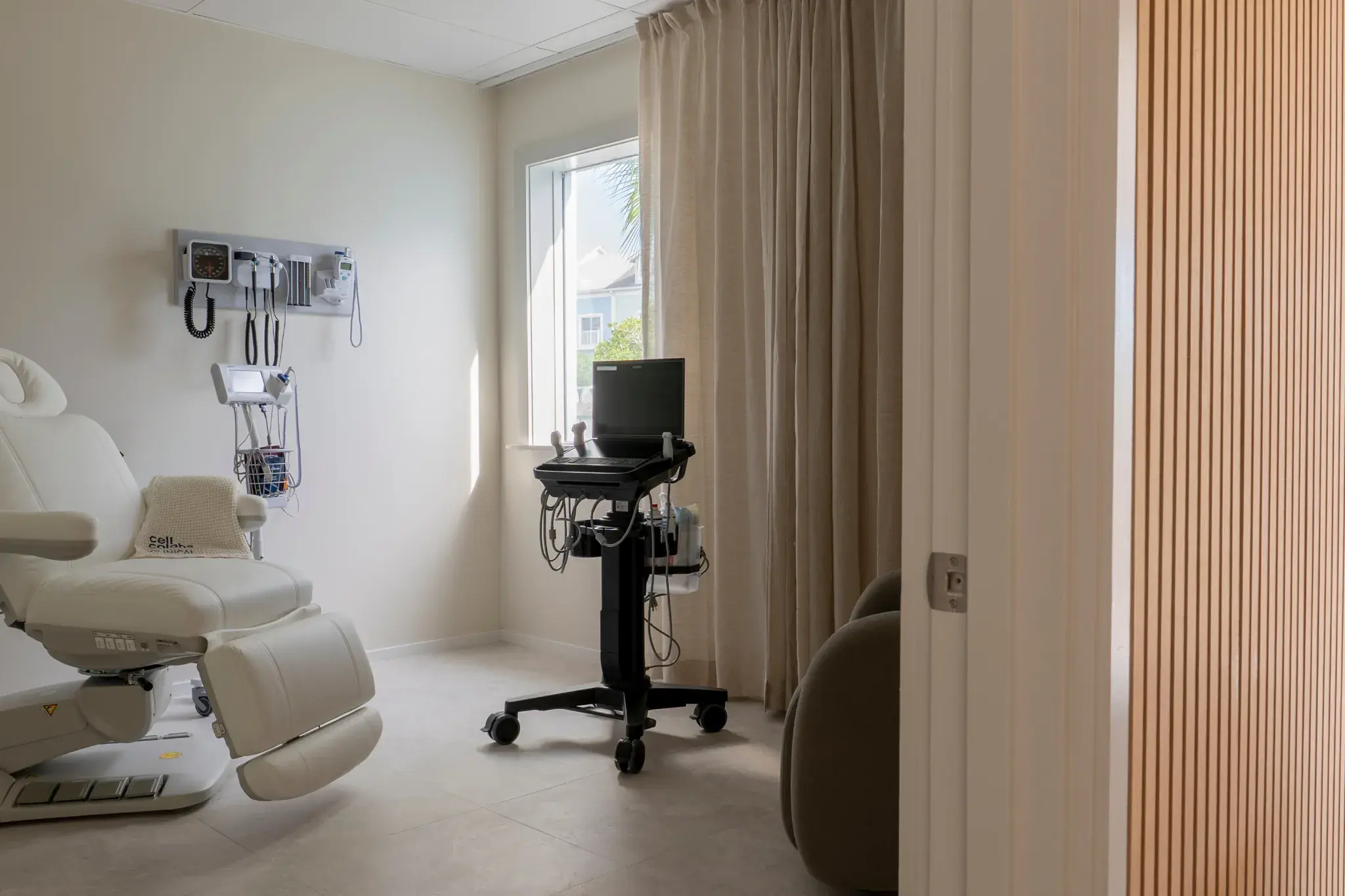Stem cell therapy based on world-leading research
Exploring how stem cells could help treat and prevent some of the world’s most disease-burden-heavy conditions.
Prevention in heart health
Exploring how stem cells can lower the risk of cardiovascular disease.
Learn moreRediscovering ease in motion
Studying how stem cells may support cartilage health and ease joint pain in osteoarthritis.
Learn moreStaying active as you age
Exploring how stem cells may help reduce age-related frailty and promote strength, balance, and longevity.
Learn moreCountering musculoskeletal degeneration
Investigating how stem cells may help slow or reverse musculoskeletal degeneration and support recovery.
Learn moreStep into the program
Simple sign-up
Start by filling out a short form. This helps our medical team review your background and confirm if one of our stem cell programs may be right for you.
Personal consultation
You’ll meet with one of our Clinical Advisors to go through your medical history and discuss the most suitable treatment program. Once confirmed, you’ll receive all the information needed ahead of your visit.
Treatment day
At the clinic, your doctor will carry out a brief health assessment and, depending on the program, baseline testing. Your treatment will then be administered as either an IV infusion or targeted local injection. The visit typically takes around four hours.
Follow-up
After treatment, participants take part in scheduled follow-up visits or remote check-ins. These allow you to track changes over time while contributing valuable data that helps advance research in regenerative medicine.
Learn more about our stem cell treatments
Book a free consultation with our Clinical Advisors to learn more about our ongoing stem cell clinical trial programs.
Stem cell therapy in the Bahamas







Cellcolabs by Live Well
The Albany Resort
Excellence in every cell
Highest quality stem cells
GMP-certified production and produced under international safety standards.
Cell production based on 25 years of leading research
Developed from research by Professor Katarina Le Blanc at the world-renowned Karolinska Institutet.
Continuous health monitoring
We follow your progress closely, supporting you throughout the journey.
Expert medical care
A dedicated team of experienced doctors by your side.
Excellence in every cell
Highest quality stem cells
GMP-certified production and produced under international safety standards.
Cell production based on 25 years of leading research
Developed from research by Professor Katarina Le Blanc at the world-renowned Karolinska Institutet.
Continuous health monitoring
We follow your progress closely, supporting you throughout the journey.
Expert medical care
A dedicated team of experienced doctors by your side.